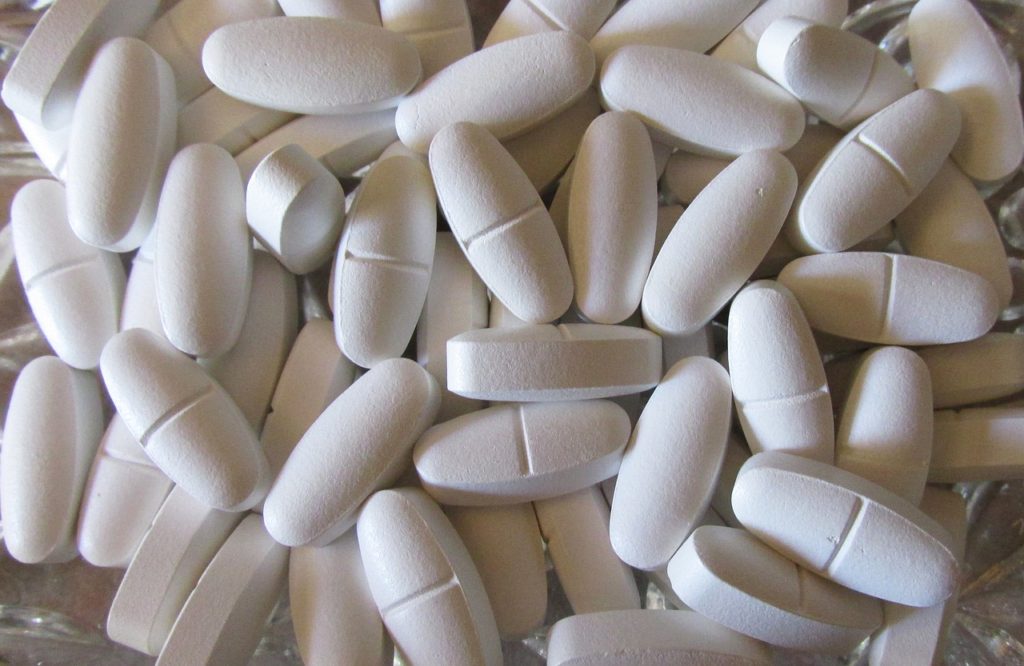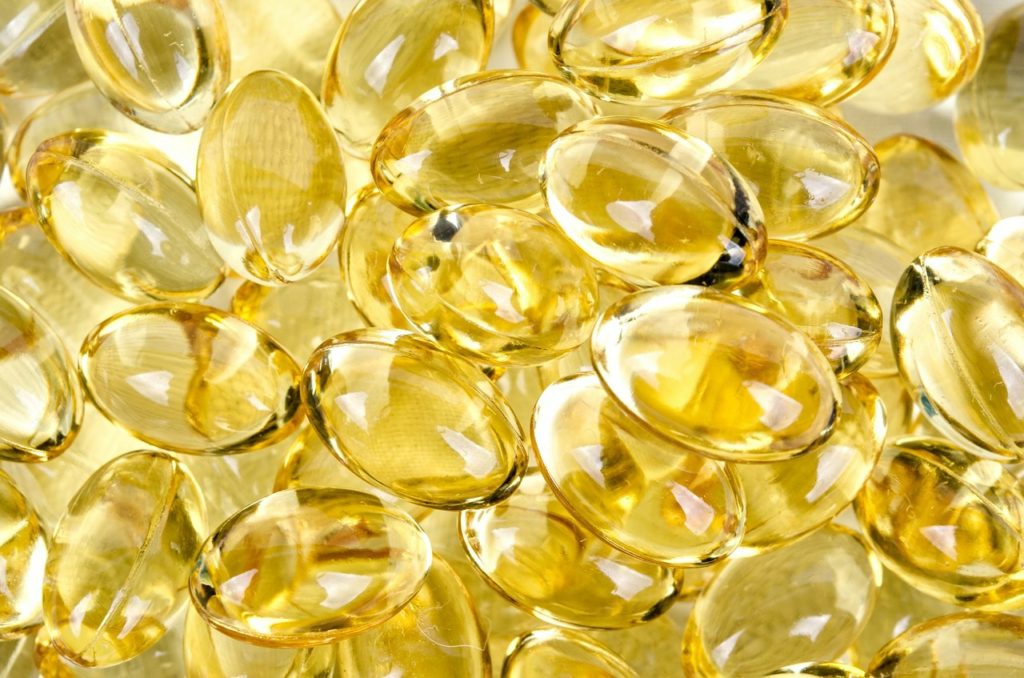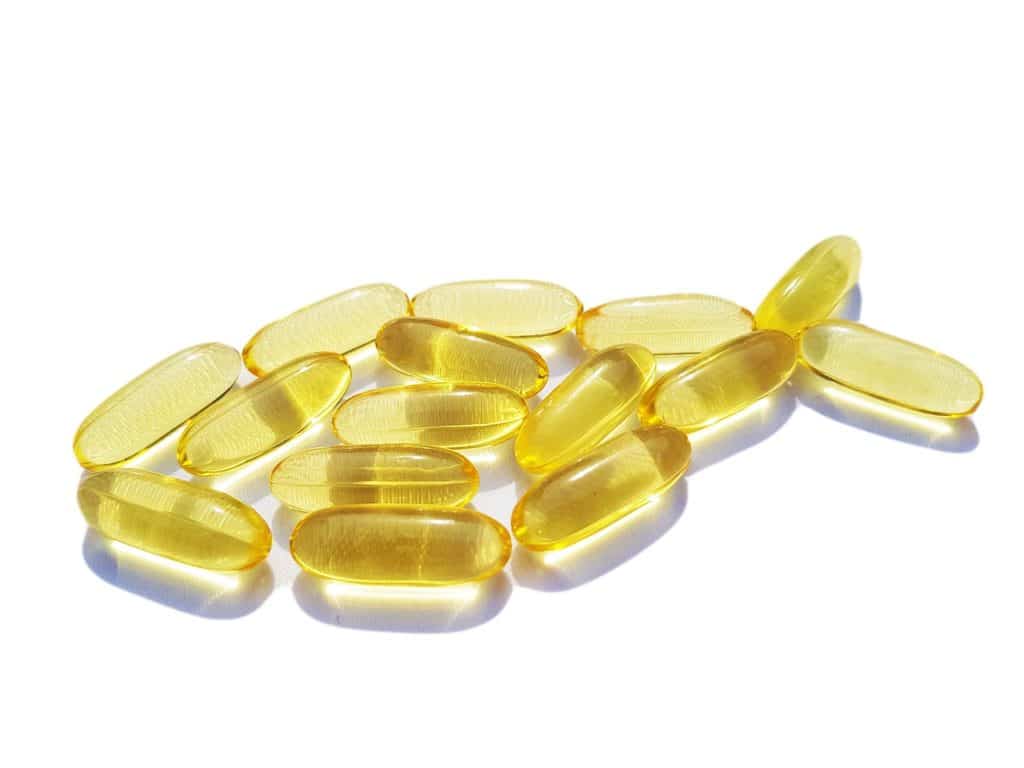Have you ever wondered what the best supplements are for women over 50? We are all familiar with the beautiful qualities of aging. But who are we kidding? Some parts of aging can be a real tough pill to swallow!
As we age, our body becomes less capable of absorbing nutrients from the food we eat. This can result in our need to supplement our daily diet with vitamins and supplements.
But did you know that over half of American adults are taking a vitamin or supplement simply because they think it will improve their health? We consume many vitamins and supplements based on personal choice, not on knowledge or research findings.
Before you choose any vitamin supplement, there is some important stuff you need to know. Really important. Did you know that making an uninformed choice is not just a waste of money but can also be dangerous to your health?
Are you already taking supplements? This information will help you decide if you have made the best choice for yourself.
Are you one of the millions of women over 50 who are taking prescription medications? Did you know that some vitamins and supplements may adversely affect these medications? Well, we are going to discuss your unique needs and considerations.
The message here is that one size does not fit all! Your vitamin and supplement choices should be as unique as you are. Once you read this, you will be able to make wise choices regarding what vitamin and supplements are best for you and your maturing needs.
What Is A Vitamin?
Vitamins are an essential compound of organic molecules that cannot be made in the body. We get them from the food we eat. They are typically absorbed in sufficiently small amounts and are crucial in many of our body’s metabolic processes.
There are two main types of vitamins:
Fat-soluble vitamins (Vitamins A, D, E, and K) are stored in the fatty tissues. The body stores them for long periods to be eventually used later.
Water-soluble vitamins (Vitamins B and C) cannot be stored in the body as they are excreted out in the urine by the excretory system. Therefore, they need to be consumed regularly.
What Is A Dietary Supplement?
The Mayo Clinic’s Integrative Medicine and Health Research Program defines dietary supplements as: “products that provide one or more nutritional ingredients that might be lacking from a person’s diet, or that a person may need more than is usual.” Nutritional ingredients in different dietary supplements include vitamins, minerals, herbs or other botanicals, and amino acids.”
Supplements should not replace whole foods, rather they should complement a healthy diet.
Always consult a physician, health care specialist, or dietician before adding vitamins and supplements to your diet. This is especially important if you are taking prescription medications.
Some supplements may interact with them.
Why We Need Vitamins and Supplements As We Age
So, what goes on in our maturing body that increases our need for vitamins or supplements?
Three things happen as we pass the half-century mark.
Firstly, studies show that at least 20% of us now have atrophic gastritis. This is chronic inflammation that damages the cells that produce stomach acid. Low stomach acid decreases our ability to absorb nutrients such as vitamin B12, calcium, iron, and magnesium.
Secondly, we need fewer calories as we age due to decreased activity and muscle loss.
But we need the same or possibly more nutrients while eating less. This can be challenging.
Thirdly, our body becomes less capable of detecting vital hunger or thirst sensations.
Dehydration and weight loss can become a significant health issue.
The Five Best Vitamin Supplements and Why
There are a variety of vitamins and supplements out there. Such a wide range that Americans spend over 3 billion dollars a year on their pills.
So, where do we begin? Well, we start by understanding what the most common vitamin deficiencies are and the problems they create.
1. Calcium

As we age, bone tissue breaks down faster than our body can build it. It is also vital to maintaining proper nerve and muscle function. The National Osteoporosis Society reveals that over 2 million bones are broken from osteoporosis in women every year. This is greater than the number of women who suffer from heart attacks, stroke, and breast cancer combined! Calcium helps to build and maintain strong bones. But our gut absorbs less calcium as we age.
You may be able to get calcium from milk, yogurt and cheese, nuts, and leafy green vegetables. Up to 500 mg. of calcium twice per day may also help.
2. Vitamin D

Less than 10% of women over 50 get the recommended daily amount of Vitamin D from food alone.
We can obtain Vitamin D from sunlight. But our thinning skin decreases our ability to absorb it. The use of sunscreen and less than perfect climates can also prevent us from getting enough Vitamin D.
‘You can reduce your risk of breast, colon and esophageal cancer by 30 to 50 % with the recommended daily intake of Vitamin D’, says Michael F. Holick, MD, Ph.D., a professor at Boston University School of Medicine. ‘This vitamin inhibits cancer cell growth and activates your immune system so it can fight infections.’
Another bonus is that Vitamin D helps your body absorb calcium.
The right dose for women over 50 is 600 IU (International Units) or 15mcg per day.
3. B-Complex Vitamins
Between 10 and 30 percent of adults over 50 are incapable of absorbing B12 from food because the acid in your stomach diminishes.
A study published in 2018 by the US National Library of Medicine National Institutes of Health concluded that “cardiovascular diseases and stroke, as well as cognitive declines resulting in dementia or Alzheimer’s, are among the several consequences of the insufficient concentration of vitamins from the B group.”
If you are vegan, you have a higher risk of not getting enough B12 in your diet. You’ll find B12 in animal foods such as eggs, dairy, and meat.
4. Omega-3 Fatty Acid

Heart disease is the number one cause of death in the elderly. Omega-3s are right for your heart. They are essential in preventing heart disease, irregular heartbeats and plaque buildup in the arteries,
They also protect you against inflammation. So, if you suffer from rheumatoid arthritis, omega-3s may reduce your inflammation and resulting pain.
Good food sources are flaxseed oil, salmon, walnuts, and edamame.
The recommended dose is 1,000 mg of EPA and DHA omega-3s per day
5. Magnesium
As we age, our ability to absorb magnesium from food diminishes.
Magnesium deficiency can cause sleep disturbances, anxiety, chronic pain, muscle cramps, fatigue, and migraines. Research published by the American Physiology Society shows that a magnesium supplement can help.
According to a study published in Rheumatology International, magnesium can also help with symptoms associated with fibromyalgia.
There are different types of magnesium supplements. One of the more popular ones for mature women is magnesium glycinate. This is magnesium bound in glycine. It is better absorbed and tolerated by those with a sensitive stomach.
The recommended dose for women is 320 mg per day.
Multi-Vitamins – The One Pill Option

Not everyone can or wants to take multiple pills every day. If this is you, a multi-vitamin is a good option. But it is essential to do your research.
Here are some things to consider when you choose a multi-vitamin.
Know which vitamins you want and what dose each vitamin should be. Make sure they are in the multi-vitamin you choose.
Choose a quality brand because not all brands are created equal. The FDA does not regulate all supplements, so choosing a reputable brand is a better bet.
If you cannot find a multi-vitamin with the perfect combination, consider buying the best one and then purchasing an additional vitamin that you may need in a higher dose.
If you see that some multi-vitamins are ‘fermented,’ it is believed that this process improves your body’s ability to absorb its nutrients.
Special Considerations If You Take Prescription Medications
Have you ever wondered why they do not serve grapefruit juice at most seniors’ homes? It’s because it can prevent certain drugs from being eliminated quickly enough from the body. The result is an unintentional overdose and increased side effects of medication.
It is estimated that 85% of people over the age of 50 are taking some prescription medication.
If you are one of those people, did you know that some nutrients, vitamins, or supplements can affect how well your medication will work?
Taken with a particular prescription or over-the-counter medicines, some dietary supplements can also cause side effects. You need to find out if the vitamin supplements you are choosing are safe to take with your prescriptions.
Here are some questions that the American Academy of Family Physicians recommends that you ask your doctor. The answers you receive will help you make wise and informed supplement choices:
- Am I at risk for a drug-nutrient interaction or drug-supplement interaction?
- Are there any supplements I should be taking?
- Are there any supplements I should stop taking?
- Will any of my medicines react poorly to other drugs, vitamins, or supplements?
- How should my medicines be taken?
- Can we check my nutrient levels?
Conclusion
A clear role exists for some dietary supplements, particularly as we age. Combine them with eating nutritious foods every day. This will go a long way to maintaining a healthy body and lifestyle.
If you take prescription medication, make sure to ask your physician the right questions to stay healthy and safe. I encourage you to use the list of questions above.
Use dietary supplements as directed and speak to your health care provider before trying anything new.
“People who take a multi-vitamin in combination with a healthy diet, exercising regularly and practicing stress management are people who live long and prosperous,” said MacKay, vice president for scientific and regulatory affairs at the Council for Responsible Nutrition.
Vitamins were initially called “vital amines.” How appropriate! Choose your vitamins wisely and stay vital!

